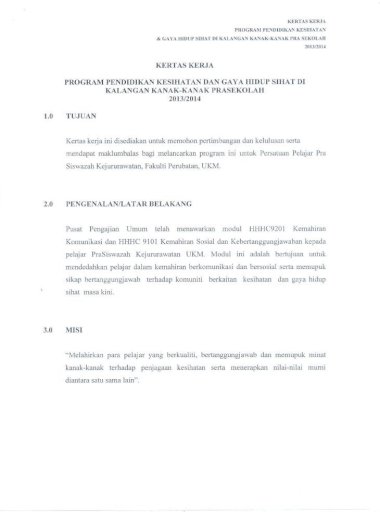


Therefore, development of an appropriate nutrition education package could be effective in improving the quality of dietary intake and lifestyle of older adults in Malaysia. These facts must be considered when developing and evaluating suitable educational print materials for patients and their families Illiteracy is widespread but often a hidden problem, and those with the lowest literacy rates also have the poorest health status. indicated that older adults had lower nutritional knowledge scores than others. A recent study among adults with diabetes at a government health clinic However, the nutritional knowledge of older adults

Lifestyle and dietary changes should be advocated to curb the rise of such diseases.

As in other rapidly developing countries, the prevalence of chronic diseases among the Malaysian population is on the rise, with the highest prevalence among those age 50 years and older A similar trend has been noted for obesity However, the prevalence of overweight decreased with age from 35.63% (age 60-64 years) to 12.64% (80+ years). Obesity increased more than three-fold from 3.1% in 1996 to 10.9% in 2006. Within a decade, the prevalence of overweight among Malaysian older people doubled from 15.6% in 1996 to 29.8% in 2006. Embed Kertas Kerja Program Pendidikan Kesihatan.


 0 kommentar(er)
0 kommentar(er)
